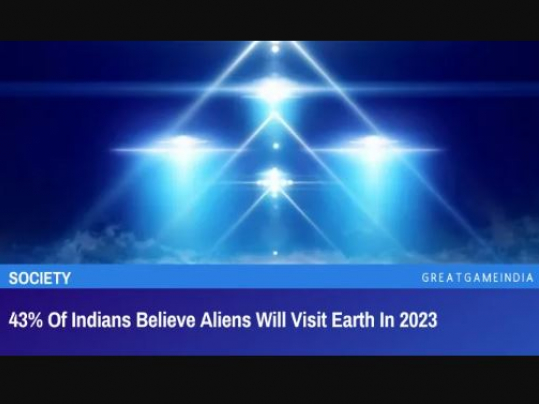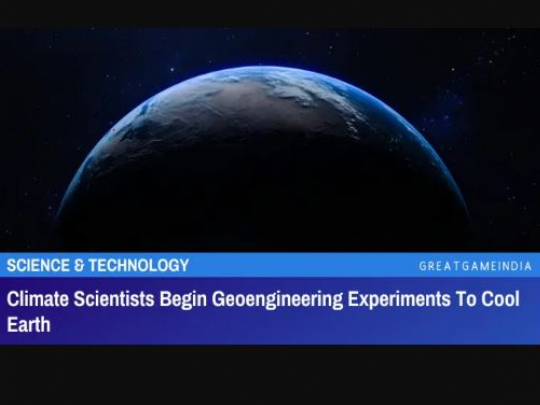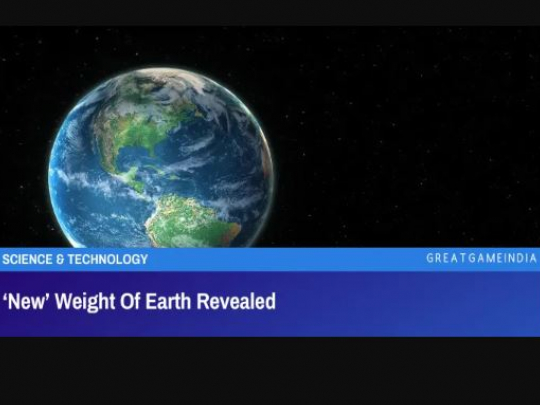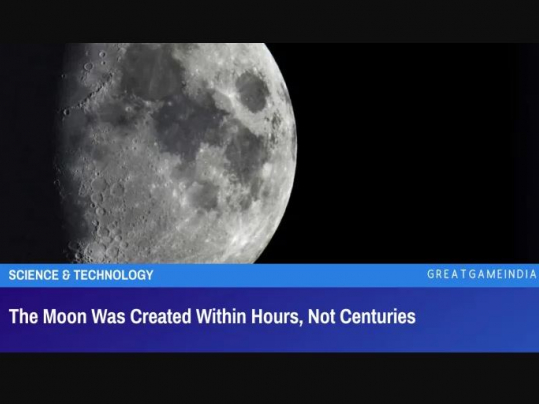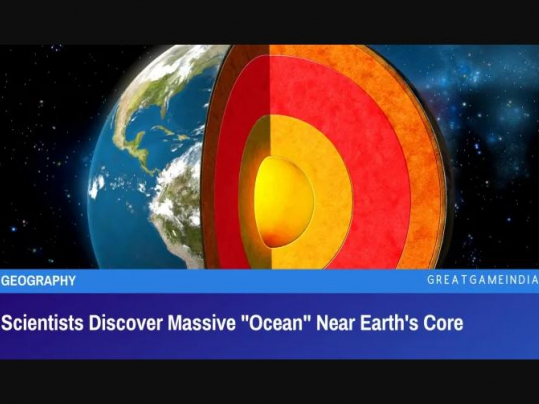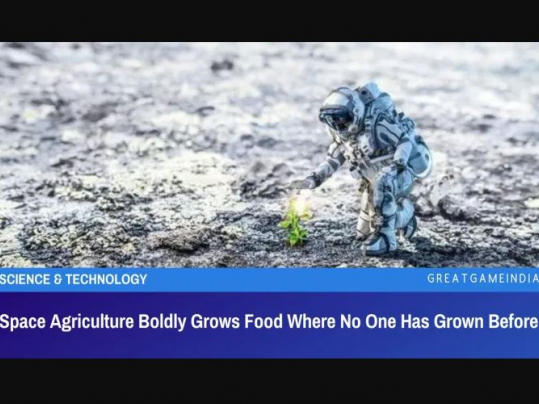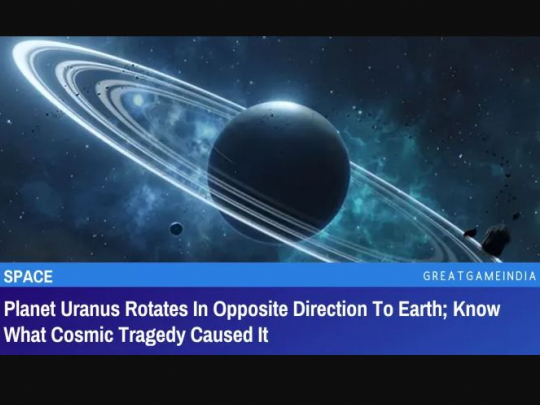Scientists find Earth’s oldest asteroid crater from 2.229 BILLION years ago which ‘may have ended an ice age’
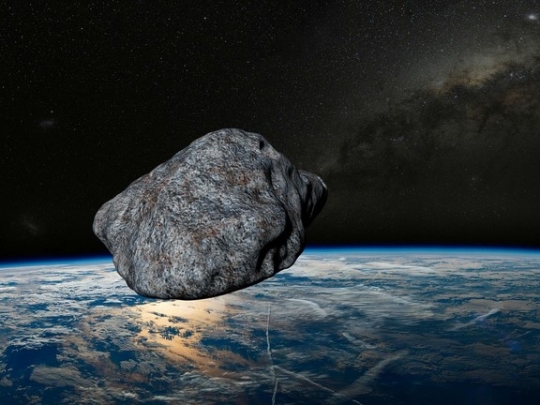
An innocuous crater in Yarrabubba, Western Australia has been identified as the oldest known extraterrestrial impact site on Earth, with researchers calculating that the natural structure dates back a whopping 2.229 billion years.
Researchers from Curtin University tested minerals found in rocks at the site. The zircon and monazite crystals in the rocks themselves contain tiny amounts of uranium, and by measuring the uranium's very specifically-timed decay into lead, the team was able to calculate exactly how old the crater is.

The 70 kilometer (43 miles) diameter crater was actually discovered in the outback in 1979, with scientists mapping the area's magnetic field to determine the exact extent of the weather-worn structure. The recent mineral analysis means the site is now believed to be at least 200 million years older than the next oldest alien impact – the Vredefort dome in South Africa.
The impact was so powerful it may have knocked our planet out of one of its ‘Snowball Earth’ periods prior to the strike.
“The age of the [crater] corresponds pretty precisely with the end of a potential global glacial period,” lead researcher Christopher Kirkland said. “So the impact may have had significant changes to our planetary climate.”
The team calculated that the space rock struck a kilometers-thick ice sheet, releasing huge amounts of water vapor into the atmosphere and adding to the planet's warming during the Proterozoic era, long before complex life had formed on the planet.
“Obviously we were very excited just with the age itself,” Kirkland added. “But placing that right with the context of Earth's other events makes it become really very interesting.”
- Source : RT




